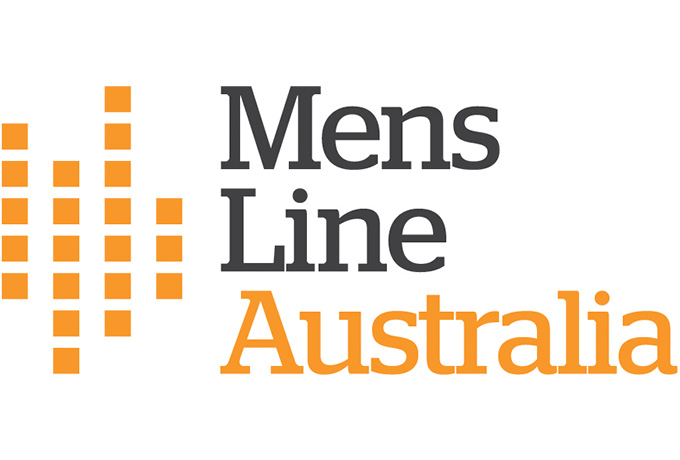The role of specialist family violence services is to address and provide support, crisis response, and case management for abuse and domestic violence.
To ensure this work is effective, specialist supports are usually embedded in the community response to family violence. Inter-agency protocols are established to appropriately manage safety and risk for those using violence and experiencing violence.
Because many people choose not to address their behaviour, even when offered opportunities for change, inter-agency responses can be tailored to meet the needs of those affected accordingly, such as developing new risk management and safety planning arrangements.
Behaviour change programs will also seek to support the partners and family members of those experiencing violence. These programs recognise the importance of including the voices of those affected by violence. For some of these partners and children, this might be the first time they have had contact with a family violence or support service. Thus, a referral to a behaviour change program may lead partners to receive the support they also require.
Specialist family violence support services have sound understandings of the complex gender and power dynamics operating where family violence is occurring. So, while issues such as stress and anger management or histories of personal trauma may be important to address in assisting with changing behaviour, they are not understood as the “cause” of violence and thus accountability for violence remains in the choices the abuser is making.
Specialist family violence services are well placed to make often complex decisions about what is required to address the violence. For instance, clients that may have co-occurring substance abuse issues which may elevate risk and need to be addressed before the client is ready to address other aspects of their behaviour. Similar complexity can arise when facing mental health problems. These specialist family violence services can support clients while continuing to monitor risk and safety.
Specialist family violence services play a critical role in engagement, motivation and behaviour change success. Wherever possible health professionals should seek to refer to local specialist family violence support services.
Below are links to available services in your state or territory:
1800RESPECT (national service)
Northern Territory support services
South Australia support services
Western Australia support services
About MensLine Australia’s Changing for Good Program
The Changing for Good service provides a free one-to-one telephone counselling service for men who want to maintain respectful relationships without using violence. The service aims to support and strengthen relationships with others, improve wellbeing, and increase participation in community life.
Changing for Good will help men to continue to have violence-free relationships and has two programs available:
- Post Men’s Behaviour Change Program– a six-month telephone counselling program that helps men continue the work they started in a Men’s Behaviour Change Program (MBCP).
- Violence Prevention Program– a two-month telephone counselling program for men who are worried that their thoughts and behaviours may escalate to physical violence.
Both programs will help men to explore the impact and motivations of their behaviours on others. Our Changing for Good counsellors will help the men work on the areas they want to improve, whether it is intimate relationships, parenting, friendships or work colleagues.
MensLine Australia is a free telephone and online counselling service offering support for Australian men anywhere, anytime. Call on 1300 78 99 78.
If someone is in immediate danger or there is an emergency, please call 000.





